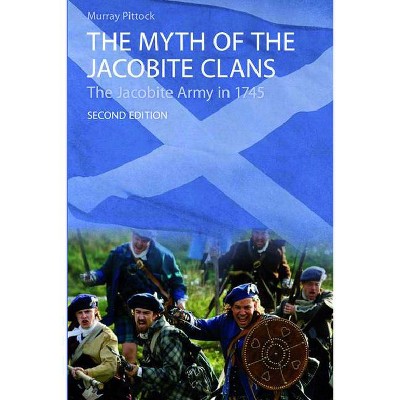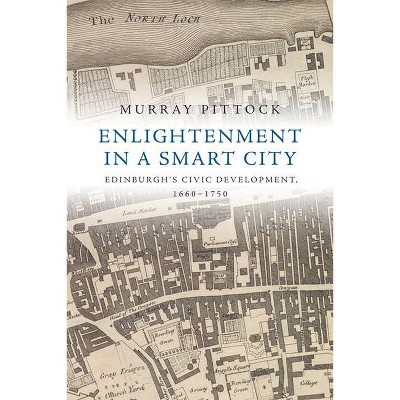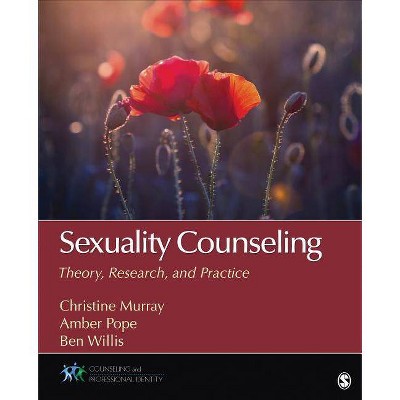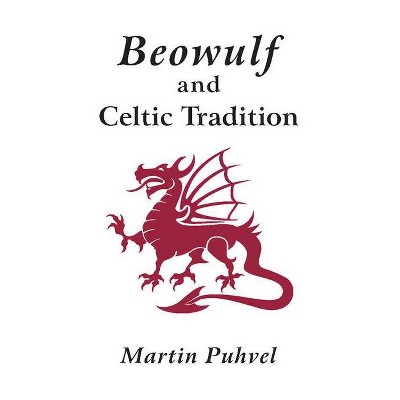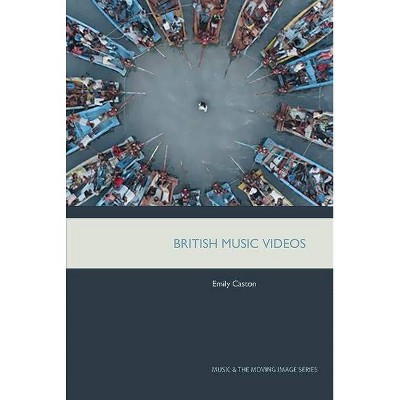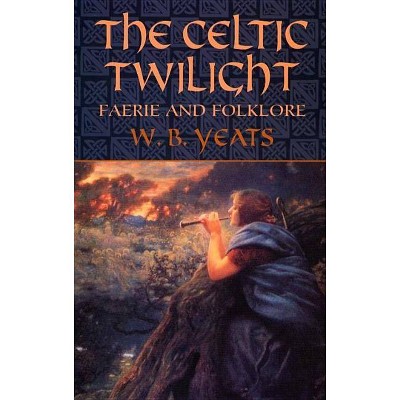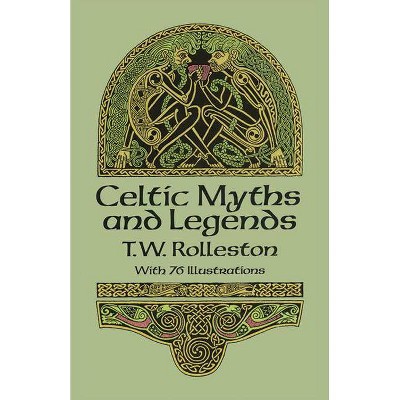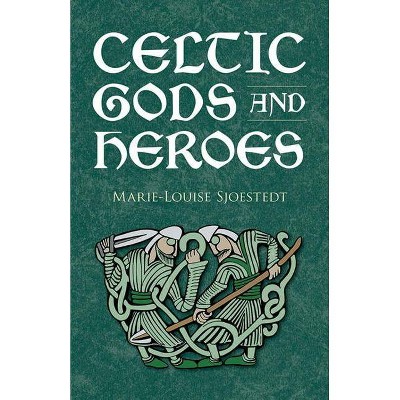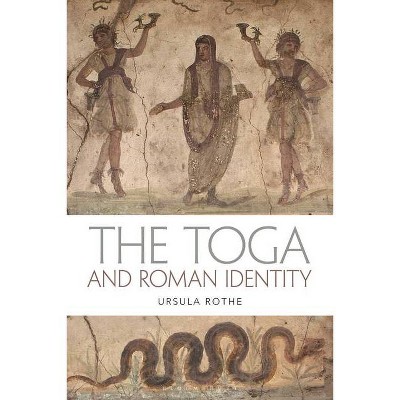Celtic Identity and the British Image - by Murray Pittock (Paperback)
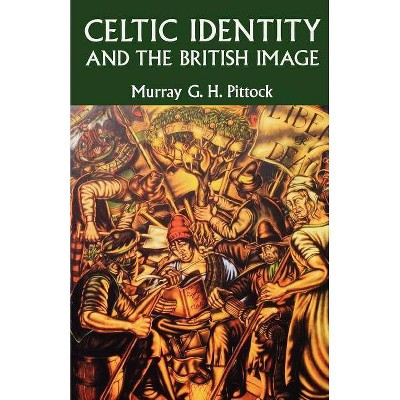
Similar Products
Products of same category from the store
AllProduct info
<p/><br></br><p><b> Book Synopsis </b></p></br></br>This work explores the idea of the Celt and the definition of the so-called Celtic Fringe over the last 300 years. It is an in-depth study of the literary and cultural representation of Ireland, Scotland and Wales over this period, and is based on a wide-ranging grasp of issues of national<br>identity and state formation. The idea of the Celt and Celticism is once again highly fashionable. Is there such a common Celtic heritage? What is the place of the Celtic Fringe in British identity? Pittock begins by assessing the term Celtic itself, by questioning its validity, going on to<br>examine its historic uses and heroic notions of Scotland's past. The Celtic Revival of the late 19th century is examined in detail together with its impact on Irish nationalism. Pittock asks how far the Celtic experience in Britain can be described as a colonial one, and examines the importance of<br>the Celtic languages in preserving a sense of identity. Contemporary issues such as the literary language of the Troubles in Northern Ireland and the growth of modern Scottish nationalism are also considered.<br><p/><br></br><p><b> From the Back Cover </b></p></br></br>This work explores the idea of the Celt and the definition of the so-called Celtic Fringe over the last 300 years. It is an in-depth study of the literary and cultural representation of Ireland, Scotland and Wales over this period, and is based on a wide-ranging grasp of issues of national identity and state formation. The idea of the Celt and Celticism is once again highly fashionable. Is there such a common Celtic heritage? What is the place of the Celtic Fringe in British identity? Pittock begins by assessing the term Celtic itself, by questioning its validity, going on to examine its historic uses and heroic notions of Scotland's past. The Celtic Revival of the late 19th century is examined in detail together with its impact on Irish nationalism. Pittock asks how far the Celtic experience in Britain can be described as a colonial one, and examines the importance of the Celtic languages in preserving a sense of identity. Contemporary issues such as the literary language of the Troubles in Northern Ireland and the growth of modern Scottish nationalism are also considered.<p/><br></br><p><b> About the Author </b></p></br></br>Murray G.H. Pittock is Professor of Literature at the University of Strathclyde.<BR>
Price History
Price Archive shows prices from various stores, lets you see history and find the cheapest. There is no actual sale on the website. For all support, inquiry and suggestion messagescommunication@pricearchive.us
